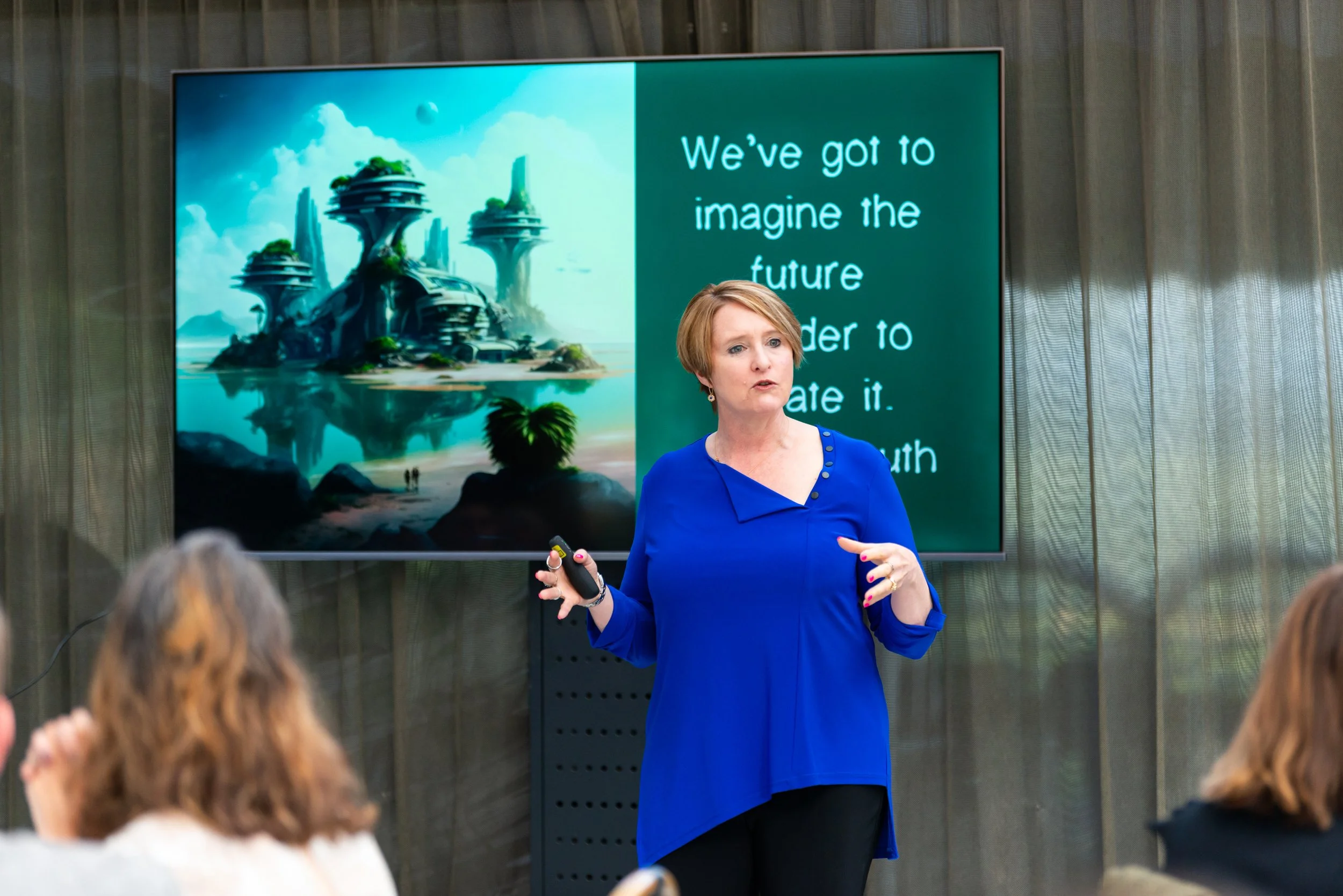“If I tell him that there will be a volcanic eruption. He will have a tantrum and threaten to leave. It’s not worth bringing it up.” George looked stressed.
“What are the consequences of not bringing it up?”
“We’re stuck with a system where the CEO bulldozes bad decisions that costs us hours to fix up. I have a colleague who spent the best part of year, and about half a million dollars in lost productive time, cleaning up one of these messes that should never have been.”
That’s an enormous productivity loss. Can you spot the friction point?
Say ‘productivity’ and what springs to mind? Calendars? Task lists? Document management systems?
Yes, all these things are important. But so are these things, and they are often neglected:
• Rapport with colleagues
• Problem solving skills
• Feedback mechanisms
• Motivational focus
• Mindset.
3 key leadership friction points
These are the less tangible aspects of productivity that can cause push and drag in a person’s workflow. They manifest in these three critical friction points.
Friction point 1: Truthtelling
The ability for team members to speak their truth, express an opinion and concern, is critical to the health and resilience of an organisation. In George’s situation, past experience showed that truth telling was rewarded with volcanic explosions.
The leaders and their team had not crafted the expectation that truth telling was acceptable, invited, and welcome.
Friction Point 2: Leadership principles for truth-telling
It’s one thing to agree to speak the truth, and another one to keep accountable to that. Few teams create a regular check in where raising issues are encouraged, and individuals can express their comfort levels in doing so. It’s an important pulse check as little incidents can build over time. Good intentions get eroded with a constant wash of at-the-time minor negative experiences.
From little things big things grow. It is best to check how people feel about their ability to speak up and address any diminishment in the sense of safety.
Friction Point 3: Emotional Hygiene
This is the most neglected of the friction points. We are simply not taught how to accept and express our feelings in a useful way. The usual way to deal with uncomfortable emotions is to repress and judge our feelings, leading to implosions and explosions. And boy do those burn our time and productivity!
Emotional hygiene is the practice of checking in with our feelings, taking insight from them, and expressing them productively.
If you don’t deal with these friction points, you are handicapping your ability to do your best work. Life can be so much easier and better if we just smooth these little sticking points.
P.S. Do you have some friction points to smooth out? Book me for a 90 minute Executive Briefing with the leadership team for critical insights and tips that you can apply immediately that will save you hours of lost time each week.
***
Related Articles:
How do you define success when you’re not winning?
Three productivity fixes you've never heard of
Mind Your Mojo: Essential Strategy for Boundless Leaders
***
About the author, Canberra leadership expert Zoë Routh:
Zoë Routh is one of Australia’s leading experts on people stuff - the stuff that gets in our way of producing results, and the stuff that lights us up. She works with the growers, makers, builders to make people stuff fun and practical.
Zoë is the author of four books: Composure - How centered leaders make the biggest impact, Moments - Leadership when it matters most, Loyalty - Stop unwanted staff turnover, boost engagement, and build lifelong advocates, and People Stuff - Beyond Personalities: An advanced handbook for leadership. People Stuff was awarded Book of the Year 2020 by the Smart WFM Australian Business Book Awards.
Zoë is also the producer of The Zoë Routh Leadership Podcast.


